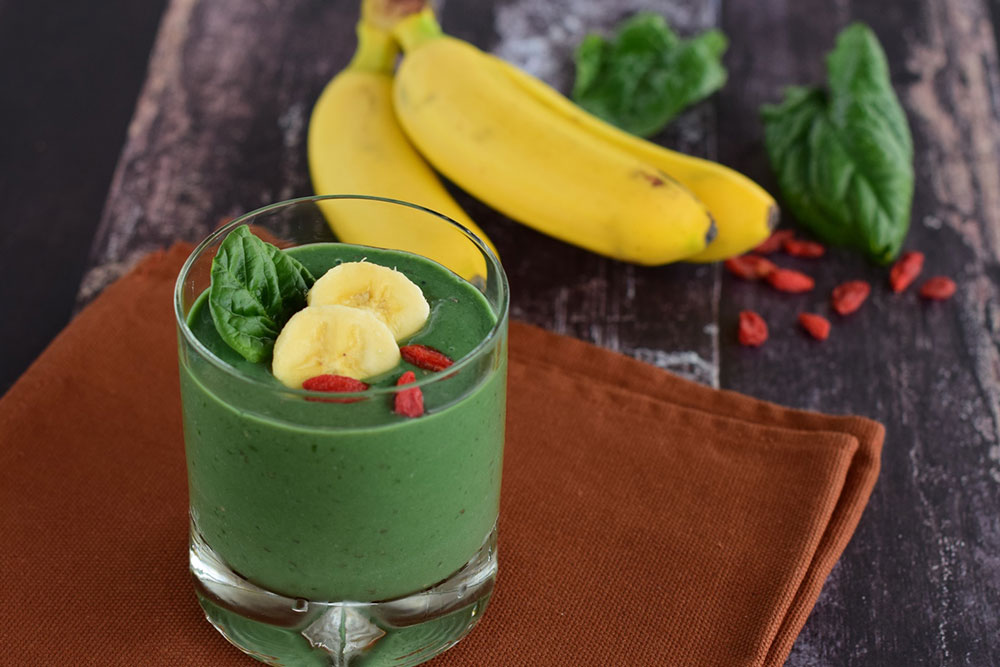Optimal Nutrition Guidelines for Managing Gout Arthritis
Discover essential dietary strategies to manage gout arthritis effectively. Focus on purine control, weight management, and hydration to reduce symptoms. Incorporate fruits, vegetables, and low-fat dairy, while limiting red meat, alcohol, and processed foods. Consult your doctor for personalized advice to keep gout under control and improve overall health.
Sponsored

Effective Dietary Strategies for Gout Arthritis Management
Gout is a painful form of arthritis caused by high uric acid levels in the joints. When uric acid crystallizes, it results in severe discomfort. Uric acid forms naturally when the body breaks down purines, substances found in certain foods. Excess purines in your diet can elevate uric acid levels, worsening gout symptoms.
The body typically eliminates uric acid through urine, but when production exceeds removal capacity, it accumulates, causing flare-ups.
While medications exist, dietary modifications play a crucial role in managing gout. A balanced diet focusing on controlling purine intake, weight management, and hydration can significantly reduce flare-ups. Limiting red meats, processed foods, and alcohol is recommended. Instead, emphasize fruits, vegetables, and low-fat dairy. Vitamin C supplements and moderate coffee intake may be beneficial. Maintaining a healthy weight and staying hydrated can further support uric acid regulation.
Adapting your diet can help control uric acid levels and improve overall health. However, results vary; some may require medication in addition to dietary changes. Consult your healthcare provider for a personalized plan to effectively manage gout symptoms.






